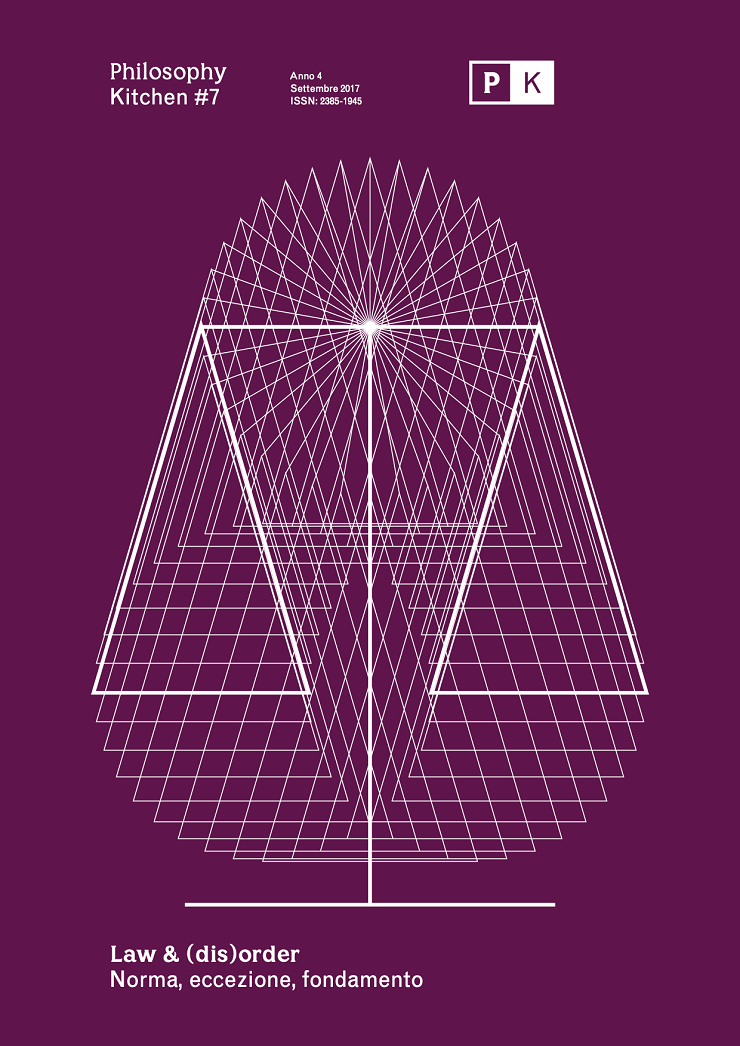Legge come meta-prescrizione in Gilbert Ryle
DOI:
https://doi.org/10.13135/2385-1945/3867Abstract
This paper examines the account of statute law as “impersonal injunction-ticket” sketched by Ryle in Ch. V of The Concept of Mind. For Ryle the traditional (mainly kantian) account of the general principles of Ethics and Law in terms of impersonal imperatives originates from a misunderstanding of their logical nature, as they constitute not individual prescriptions, but warrants and licences addressed to any potential giver of such prescriptions, abilitating him to emanate and enforce them. Ethical and juridical laws are therefore rules to give – respectively – behests and reproaches or injunctions and punishments, and consequently they are of a higher logical order of ad hominem prescriptions, as it happens in sciences to universal law-statements compared to the singular empirical statements satisfying them. Ryle’s construing of laws as meta-prescriptions cleanses their ontology from any metaphysical hypostatization (like his critics to the cartesian doctrine in philosophy of mind) and is close to his account of imagining, pretending and “obeying commands” as second-order performances. In the second half of the paper some seeming difficulties of such a construing are examined and possibly resolved discussing Ryle’s general views about Ethics, Law and Practical Reason in opposition to other traditional accounts of a more intellectualist kind.






